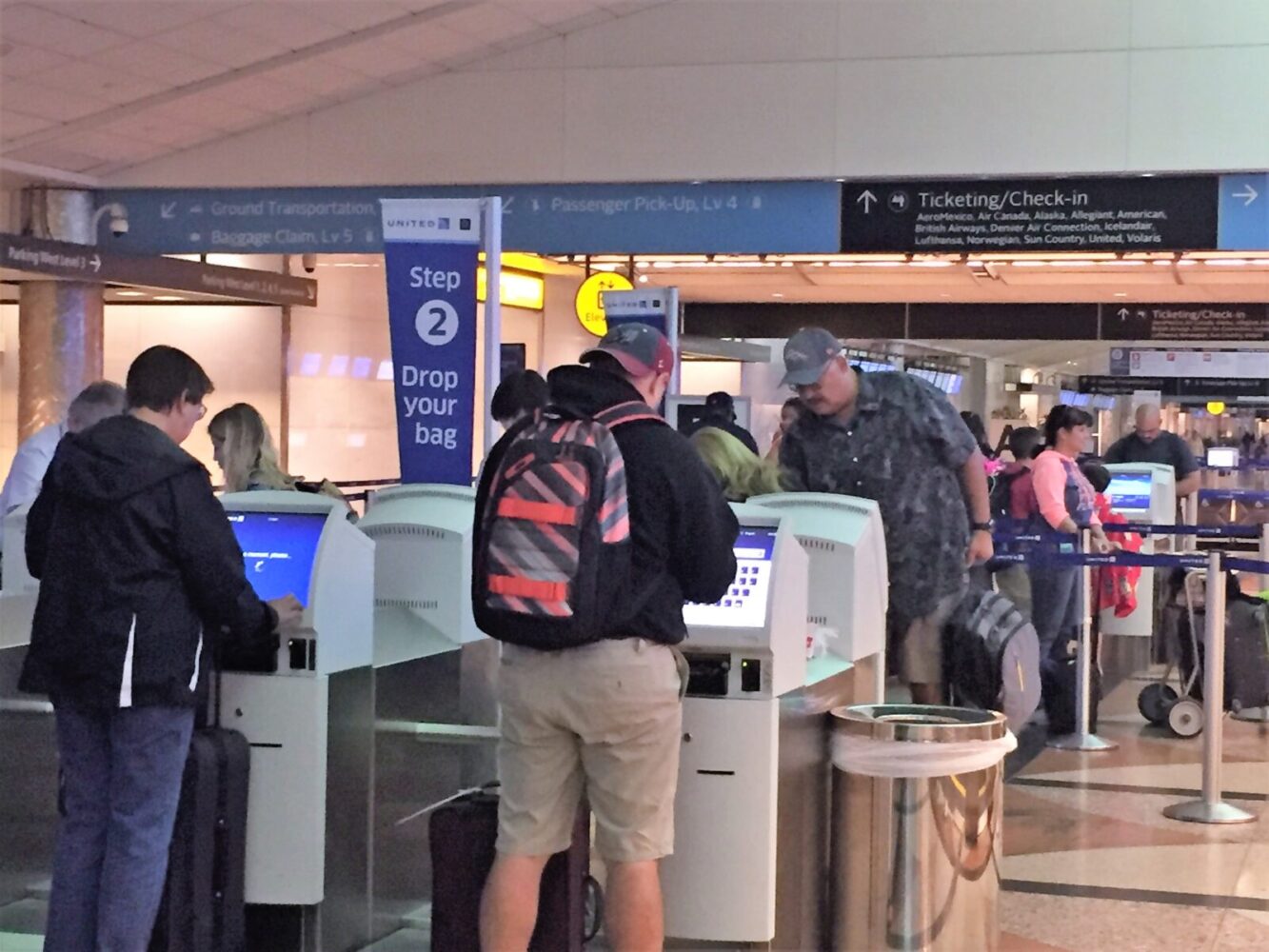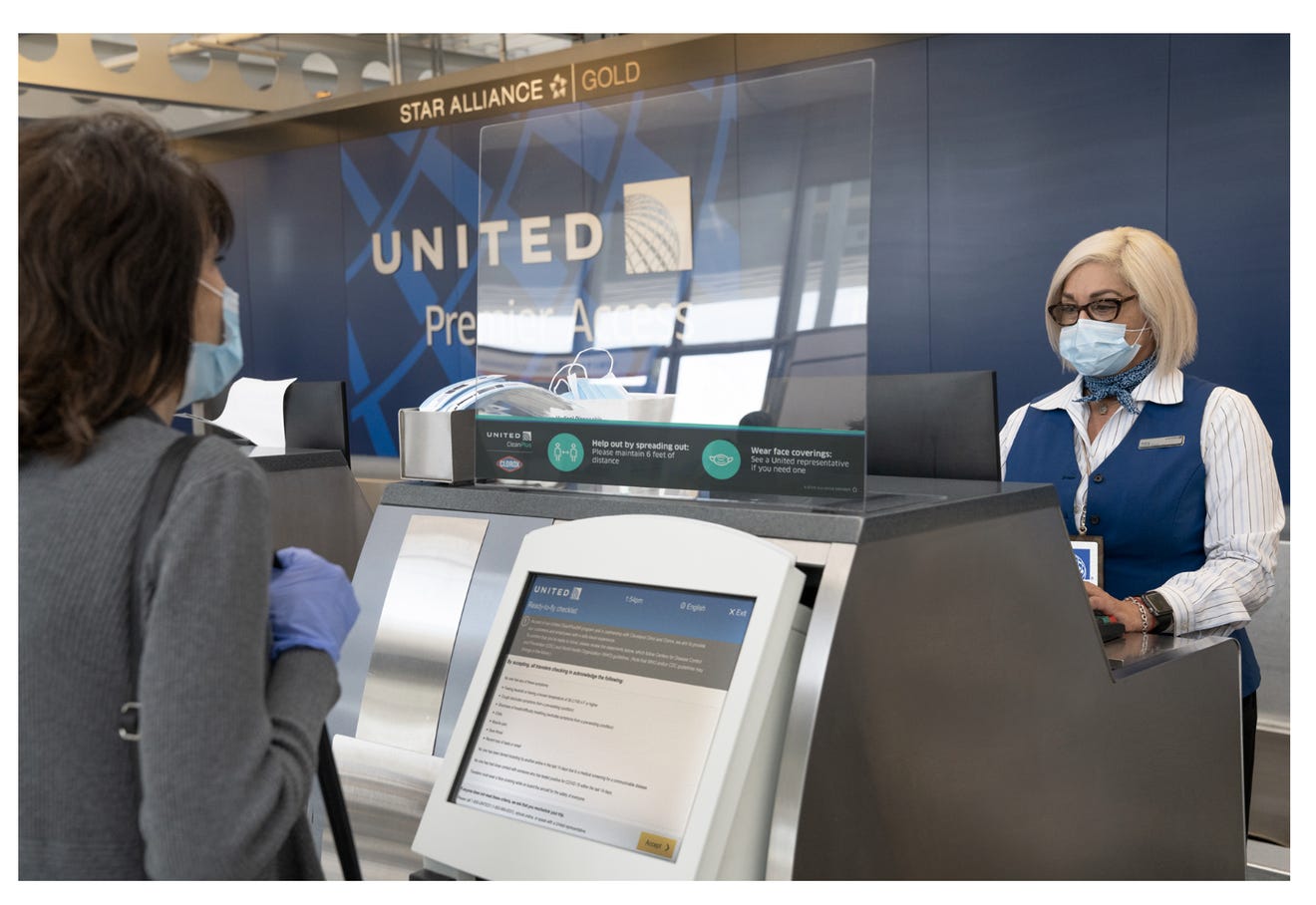
It’s taken several years, but on Wednesday the US Department of Transportation (DOT) issued a final rule requiring airlines to promptly provide refunds to passengers when flights are canceled or significantly changed; when bags are delayed and when other purchased services are not provided.
Before this, refund policies differed from airline to airline. And that made it difficult for passengers to navigate their refund rights.
Under the rule, passengers are entitled to a refund for:
Canceled or significantly changed flights
Passengers will now be entitled to a refund if their flight is canceled or significantly changed if they do not accept alternative transportation or travel credits offered.
The rule now also defines “significant change” to a flight to include departure or arrival times that are more than 3 hours domestically and 6 hours internationally; departures or arrivals from a different airport; increases in the number of connections; instances where passengers are downgraded to a lower class of service; or connections at different airports or flights on different planes that are less accessible or accommodating to a person with a disability.
Significantly delayed baggage return
Passengers who file a mishandled baggage report will be entitled to a refund of their checked bag fee if it is not delivered within 12 hours of their domestic flight arriving at the gate, or 15-30 hours of their international flight arriving at the gate, depending on the length of the flight.
Extra services not provided:
Passengers will be entitled to a refund for the fee they paid for an extra service — such as Wi-Fi, seat selection, or inflight entertainment — if an airline fails to provide this service.
DOT rules now spell out HOW airlines are to give refunds
Under the new rule, airlines must issue refunds automatically – without requiring passengers to jump through hoops, and promptly – within 7 business days for tickets purchased on credit cards and 20 calendar days for other payment methods.
The new rule also says refunds must be in the form of the original payment – cash, credit, points, etc. Airlines may no longer substitute vouchers, travel credits, or another form of compensation unless the passenger chooses to accept some alternative compensation.
Also, refunds must equal the full amount of the ticket price, minus the value of any portion of transportation already used. The refunds must include all government-imposed taxes and fees and any airline-imposed fees, regardless of whether the taxes or fees are refundable to airlines.
Most of these rules will go into effect within 6 six months, while some won’t take hold for a year.
More details on the new rule, and on regulations that are still in the proposal phase can be found on the DOT website.
Progress!
